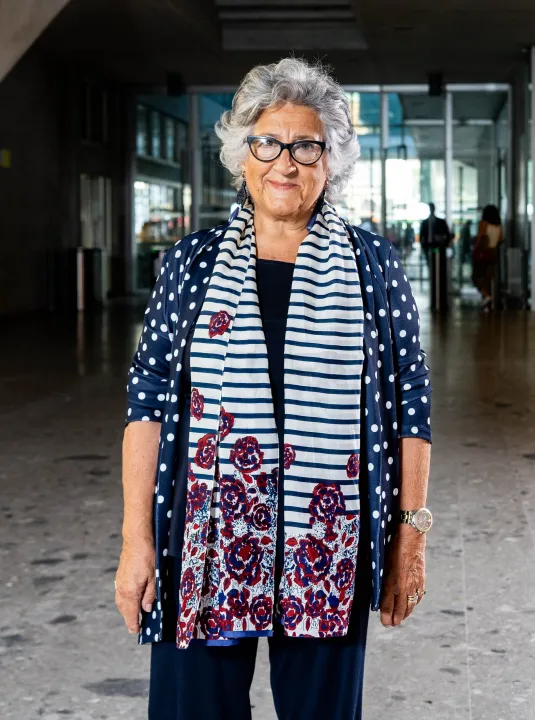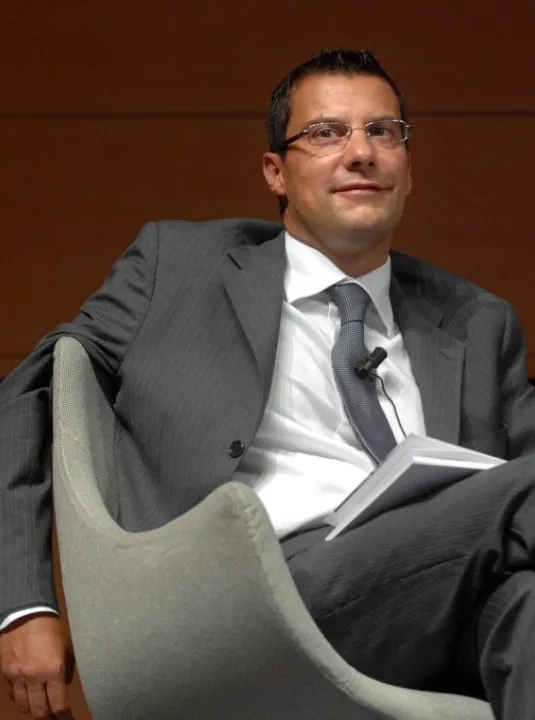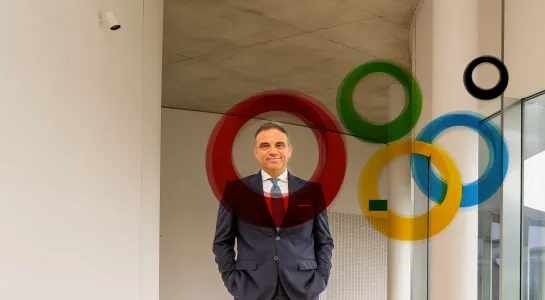
What Will Remain of the Olympics
The Paris 2024 Olympic Games will be another milestone in a golden Olympic decade for the International Olympic Committee (IOC): Tokyo, then Beijing, and now Paris, to be followed by the Milano Cortina Winter Olympics of 2026 and completed by the Los Angeles Summer Olympics of 2028.
Despite the countless difficulties that have befallen the Olympics, caused first by the Covid emergency and then by the ongoing military conflicts, the attractiveness the Games remains unchanged with respect to main global centers of creativity, innovation and urban development.
It is the unifying value of sport, but also the ability of the Olympic Games to represent a unique event, where every sport finds equal dignity regardless of the number of practitioners or fans. And of course, hosting the Olympics is a unique opportunity to catalyze new investments and accelerate the implementation of what has been already planned, especially in a context characterized by strong budget constraints. All this provided that the candidacy is part of a wide-ranging valorization/redevelopment project for the host city.
And there are numerous positive examples that can be drawn from past experiences: starting from Turin which, after the Winter Olympics, saw a +120% surge in tourist arrivals after 2006, adding to its image of an industrial city the recognizability of a city of culture and tradition. The gold standard of this strategy is Barcelona, which completely redeveloped its waterfront ahead of the 1992 Olympics, laying the foundations for three decades of astonishing tourist growth.
Thanks to the 2012 Summer Olympics, London redeveloped major portions of its urban territory, such as Canary Wharf or the East End. To this must be added the important educational and sporting legacy the event has left behind for young people, thanks to the programs that promote sports among disadvantaged communities, as well as the support offered for the training of potential champions in athletics and other promising disciplines, something which has put the United Kingdom among the top five nations in the Olympic medal table.
At other times, the Games were an occasion to celebrate the economic and political success of the hosting country: just think of China, which in the space of fourteen years has hosted two Olympics in it its capital Beijing (as well as the 2010 World Expo in Shanghai), attesting its transformation into a global power.
But let's go back to Paris 2024. Estimates speak of over 16 million tourists visiting during the Games – the most visible effect of the event – with an economic impact on the hotel, restaurant and transport industries of approximately $537 million.
Looking at the medium- and long-term, the Olympics will bring new sports facilities, tourist and transport infrastructure to the French capital: investments that once again are part the plans for the urban regeneration of peripheral areas, such as Saint-Denis, location of the new Water Sports Center.
The assets and infrastructures that have been built are set to turn Paris into a major international sports hub for decades to come, allowing it to continue to act as magnet to attract major events: exactly what Milan, together with the Alpine region involved, is aiming to do for skiing, soccer, and all kinds of sports.
In this sense, the 2026 Winter Games are in continuity with the 2015 World Expo, which led to the development of a new technological district, MIND – Milano Innovation District, enabling Milan to strengthen its positioning as a European pole for R&D and advanced services.
Finally, the Paralympic Games need to be mentioned, because they act as a stimulus for a more inclusive and equitable society: they improve accessibility of the host territories for all individuals, and the feats of Paralympic athletes inspire larger numbers of people with disabilities to take up sports.


